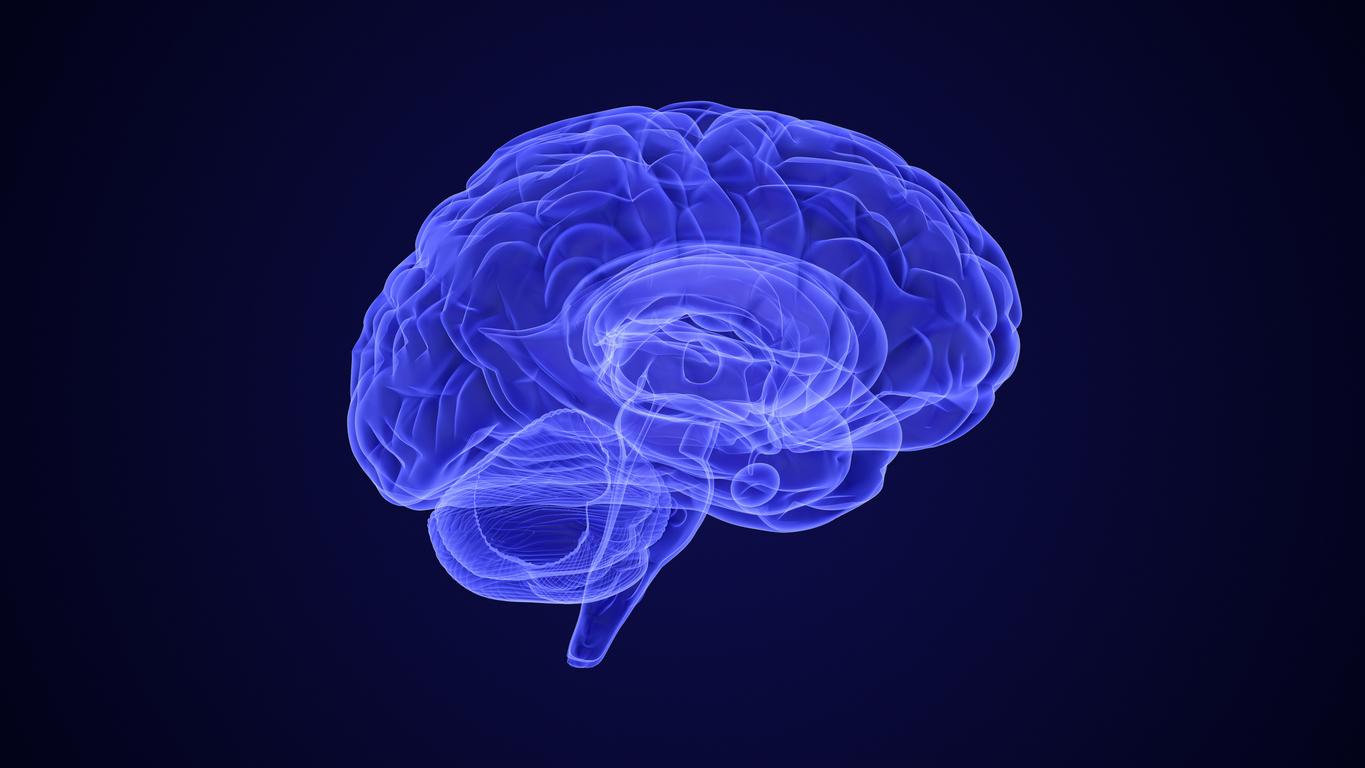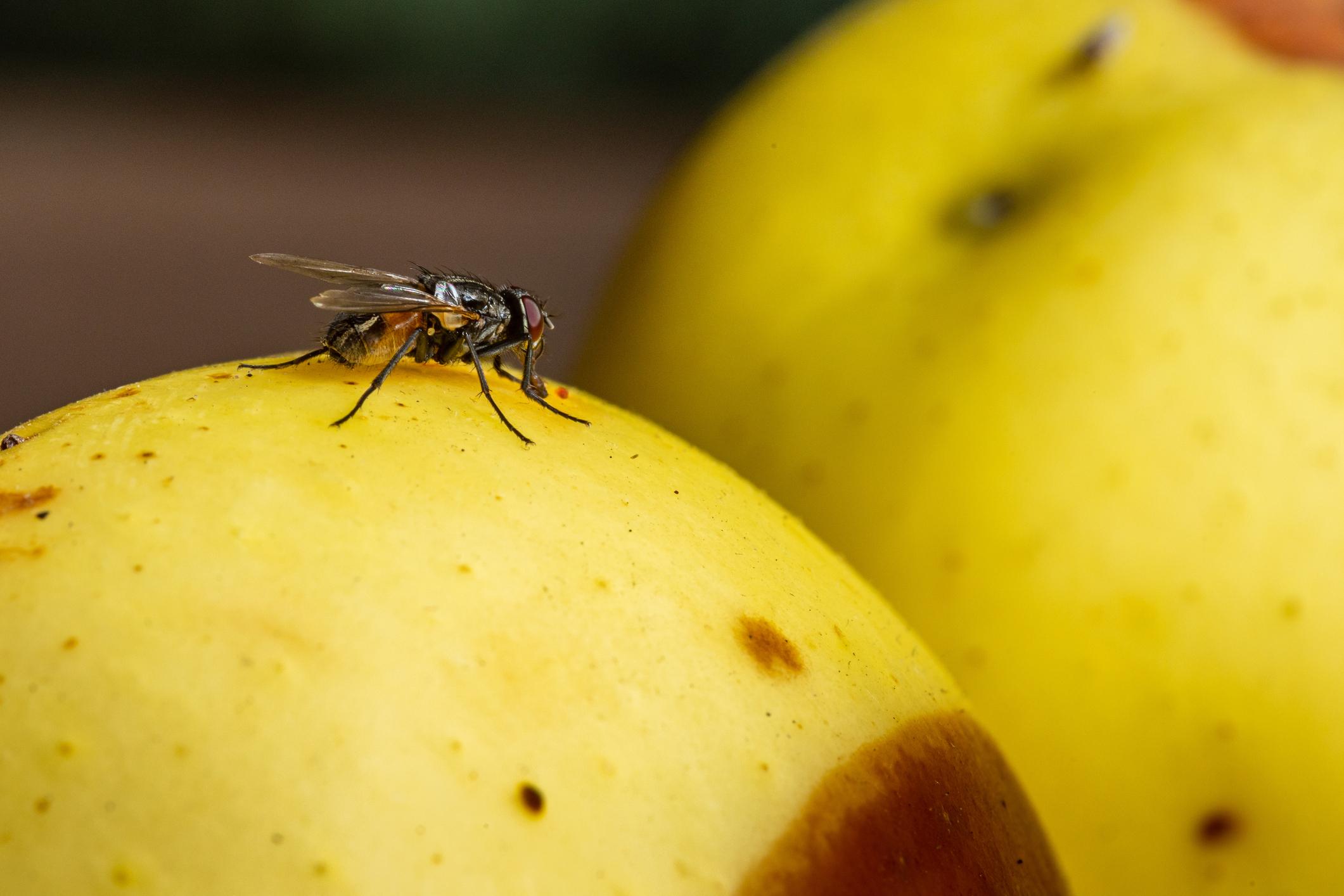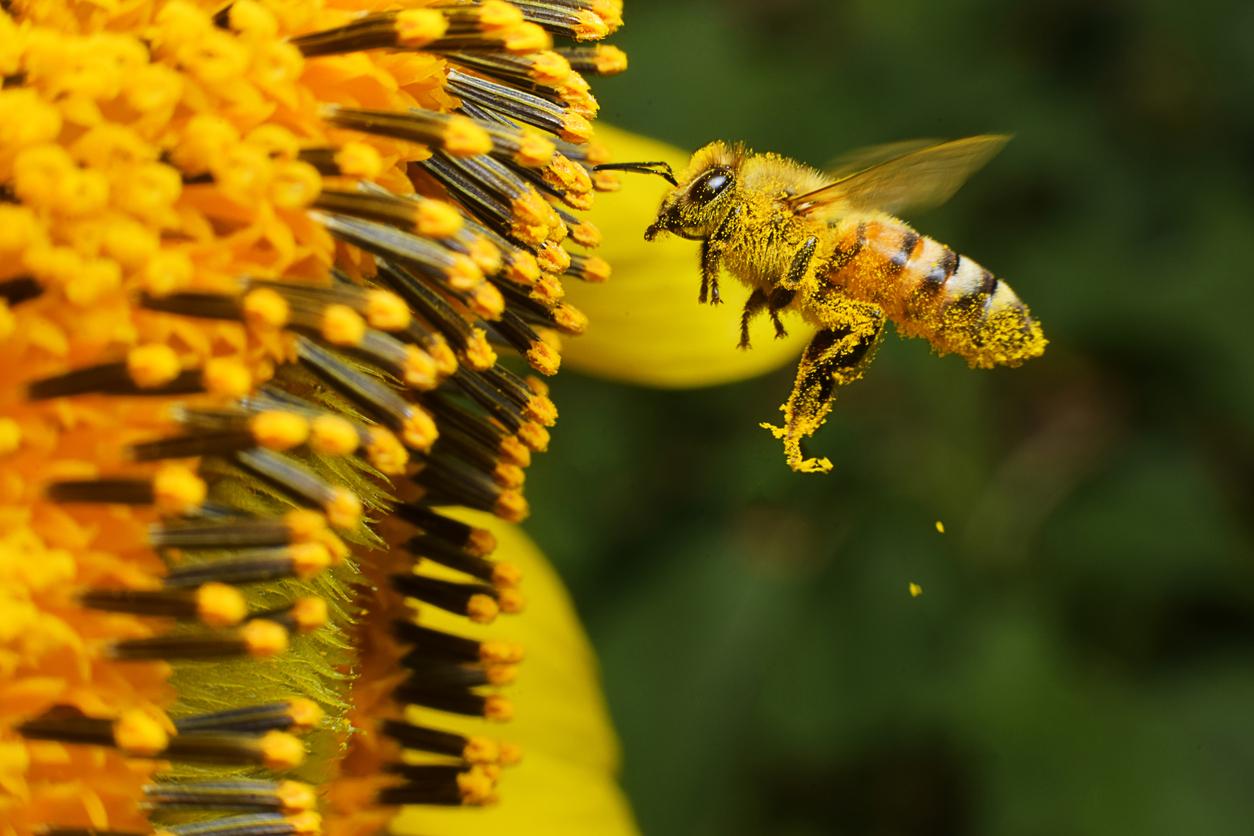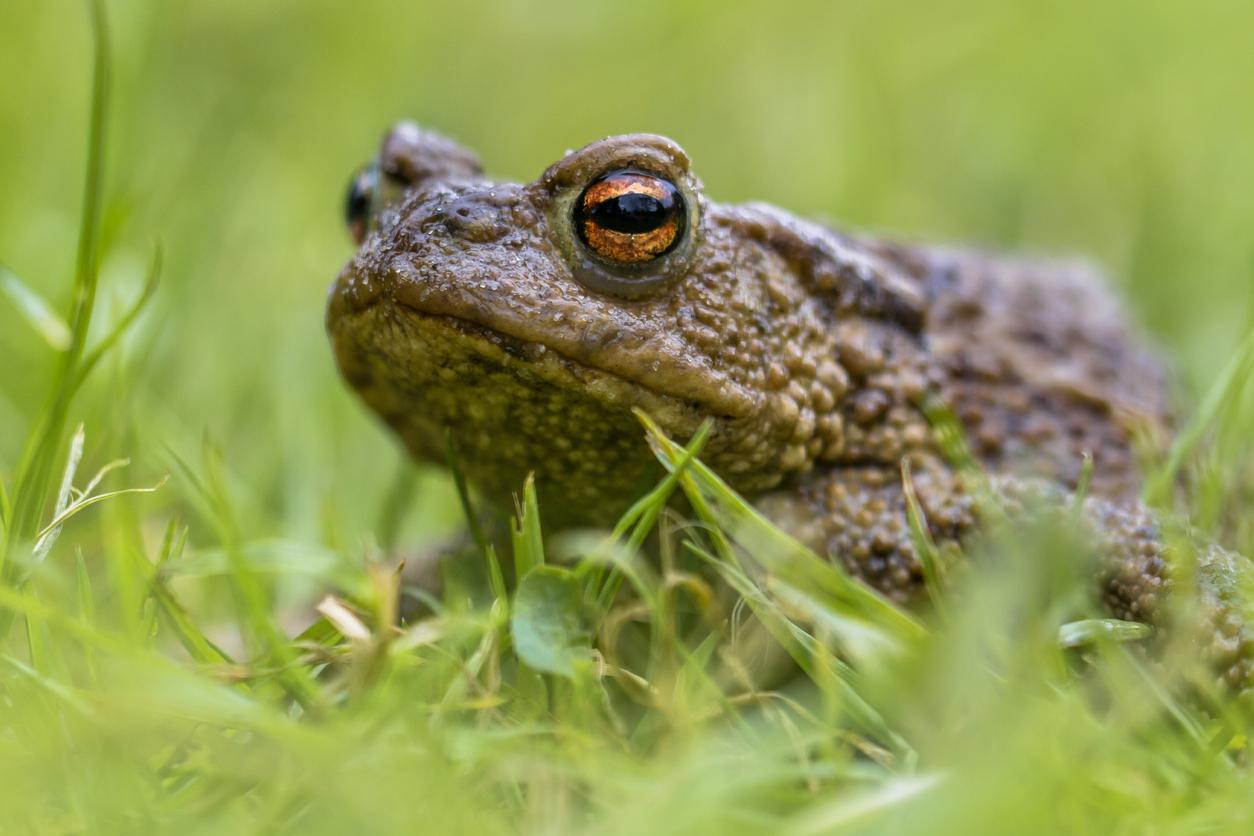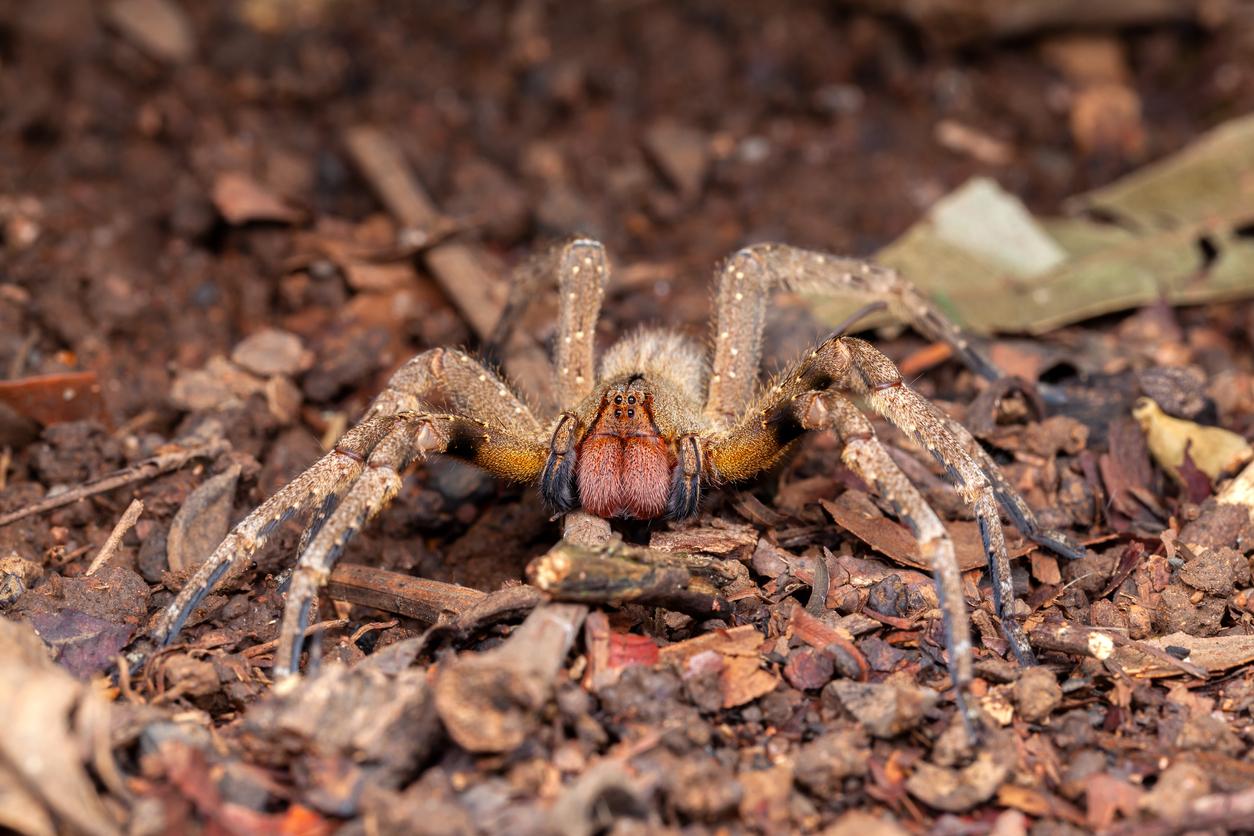If bees are useful for pollinating flowers, they could also be useful for the 150,000 patients suffering from Parkinson’s. In this disease, patients gradually lose the neurons that produce dopamine, a substance essential for the proper functioning of the body. As a result, slower and stiffer movements, tremors, but also psychological symptoms such as depression or anxiety, emotional and cognitive.
The French research program DHUNE is interested in bee venom. It contains apamin, a neurotoxin that affects dopamine neurons. At the beginning of the disease, they are still present, and its role is then to excite them more intensely so that they produce more dopamine. As the disease progresses, the patient loses these essential neurons, but the venom will slow down this fall.
An effect on all levels
When neurons are truly in short supply, apamin acts on other systems in the brain to counter motor disorders. Bee venom also shows its effectiveness against cognitive and emotional disorders, and is not toxic to the body at the doses delivered during these various studies. The researchers now want to test it at a higher dose in a new cohort.
Also to read
Parkinson’s disease: tai chi would be effective in preventing falls
Parkinson’s disease: agricultural land in question
Parkinson’s disease: tremors soon cured thanks to ultrasound?










